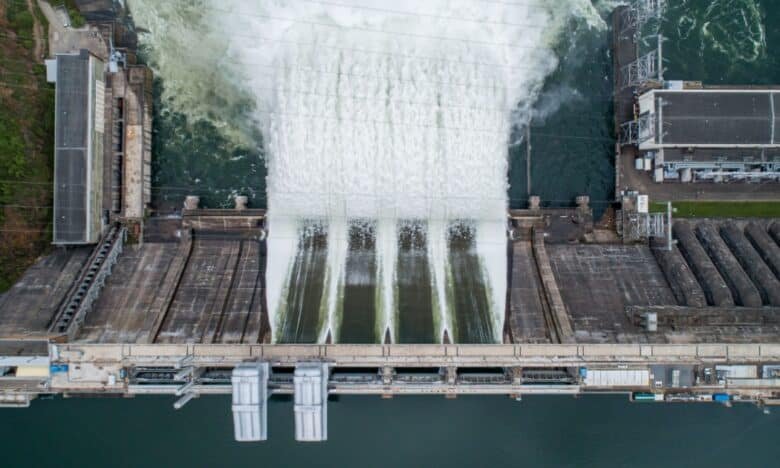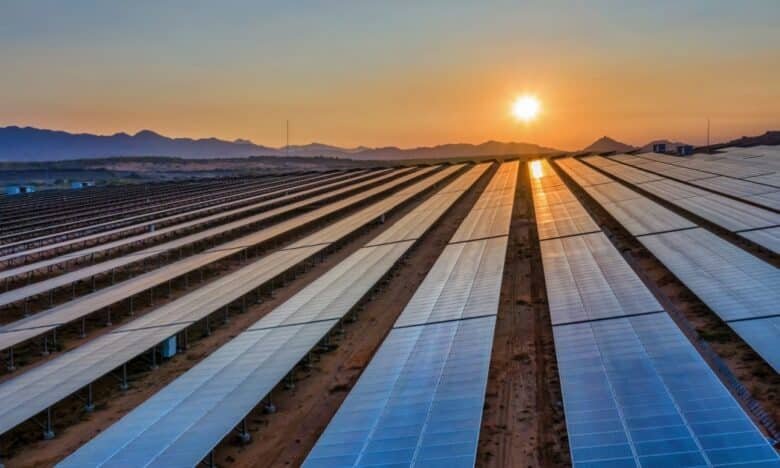
Philippines Powers Up Circular Economy with €60 Million EU Boost
- May 15, 2024
The Philippines is taking a bold step towards a greener, more resource-efficient future by embracing a circular economy model. This innovative approach aims to keep materials in use for longer, slashing waste and maximizing the energy potential hidden within products.
The European Union (EU) is fueling this transformation with a €60 million (Php 3.67 billion) grant. This kickstarts the Green Economy Programme in the Philippines (GEPP), a multi-year initiative (2023-2028) that unites the national government, local government units (LGUs), and private companies.
LGUs Champion a Sustainable Energy Future
Recognizing their autonomy in policy, business development, and finances, LGUs are seen as the powerhouses driving this green revolution.
A kick-off workshop held in Quezon City on April 24-25, 2024, sparked the initiative. Representatives from 10 pilot LGUs, the United Nations Development Programme (UNDP), and the Department of Interior and Local Government (DILG) came together to brainstorm innovative solutions for local circular economies. This aligns perfectly with the 2024 Earth Day theme “Planet vs. Plastics,” highlighting the crucial role of reducing plastic waste in the energy transition.
Island Garden City of Samal, a leader in waste management, actively participated. They discussed proposed projects, challenges (including budget limitations and tourism considerations), and the implementation of a ban on single-use plastics.
Other pilot LGUs joining the charge include Pasig City, Quezon City, Caloocan City, Baguio City, Puerto Princesa City, Iloilo City, Ormoc City, Davao City, and Del Carmen of Siargao Island. All participants signed a commitment wall, signifying their shared responsibility in achieving a circular economy for a more energy-secure Philippines.
Unlocking a Sustainable Energy Future
The GEPP goes beyond just tackling plastic waste. It’s a comprehensive program designed to:
- Improve energy efficiency – By extending the lifespan of products and materials, we can reduce the energy needed to constantly produce new ones.
- Increase renewable energy use – A circular economy encourages innovative solutions that integrate recycled materials into renewable energy infrastructure.
- Fight climate change – By minimizing waste and maximizing resource use, we can significantly reduce greenhouse gas emissions associated with production and disposal.
Powering Partnerships for a Brighter Future
The workshop emphasized the importance of collaboration across all sectors – government, businesses, and citizens. This initiative aims to strengthen partnerships between LGUs and stakeholders like youth groups, NGOs, and waste management specialists. By working together, they can develop tailored solutions for each LGU, explore new partnerships, and unlock the full potential of a circular economy.
The GEPP is expected to empower 60 LGUs over 4.5 years, fostering a more sustainable and energy-secure future for the Philippines.



